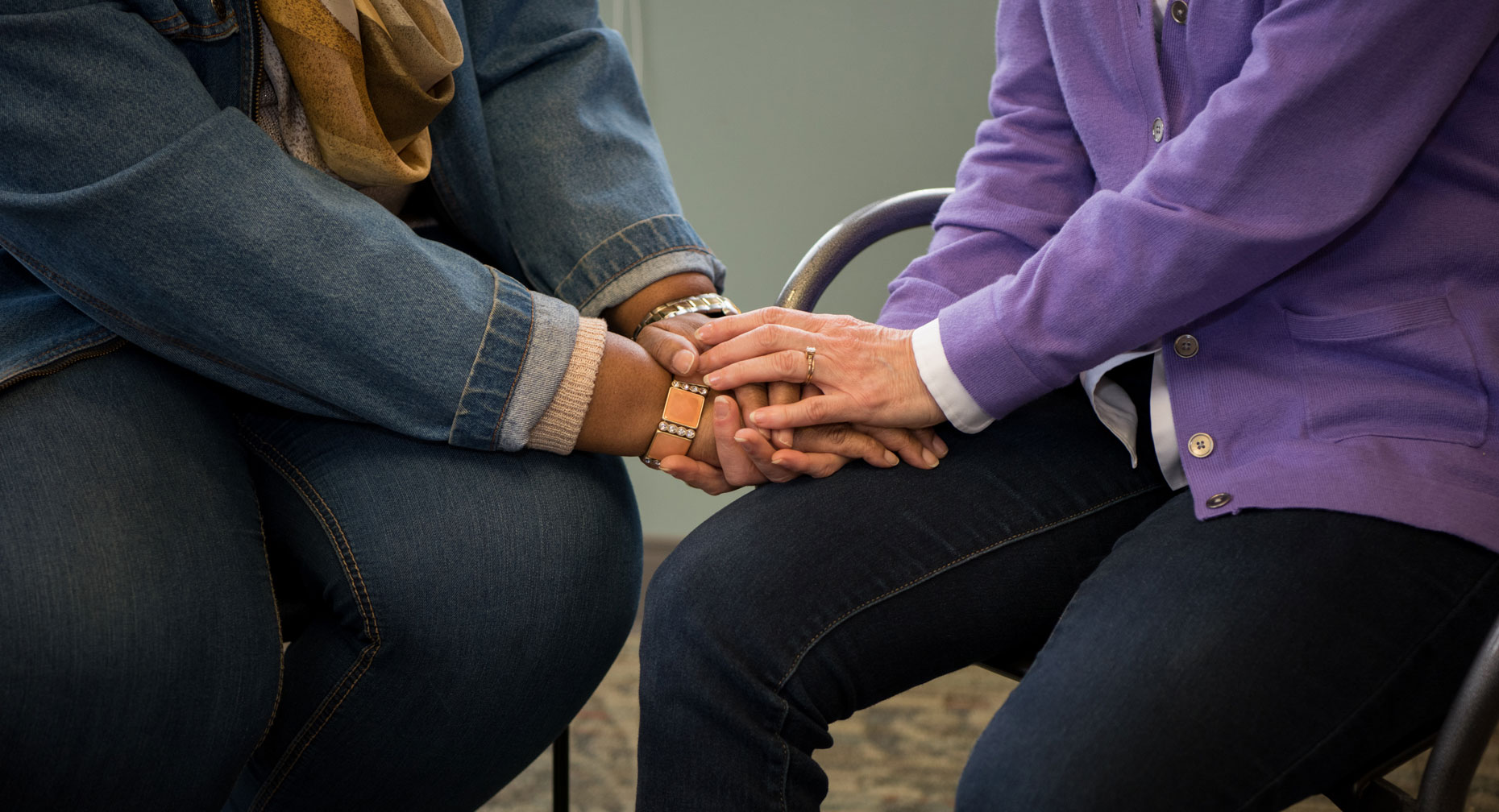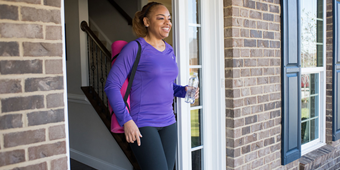Diabetes Support Groups: There’s Strength in Numbers

Find Your Perfect Match
Answer a few questions and we'll provide you with a list of primary care providers that best fit your needs.
If you have diabetes (types 1 or 2), you know all too well the strains it puts on your life, from adhering to a stringent diet, to the constant monitoring of glucose levels, to concerns about the long-term progression of the disease.
That’s why support groups — where you meet up with other people who are also diagnosed with diabetes and fighting the same fight — can help you emotionally, socially, and physically. Whether support is informal or structured, in-person or online, connecting with other people dealing with diabetes can be encouraging and empowering.
Whether support is informal or structured, in-person or online, connecting with other people dealing with diabetes can be encouraging and empowering.
The Value of Support
According to a report in Diabetes Spectrum, a journal of the American Diabetes Association, when people with diabetes can talk to, and get support from, their peers, their commitment to their medication program, diet, exercise, and blood glucose monitoring appears to improve. It also seems to decrease depression. People with diabetes seem to benefit from sharing similar life experiences with peers, as well as sharing tips and techniques for tasks like insulin management.
Research also suggests that when people with diabetes can learn from each other, rather than follow a structured lesson offered by a presenter, there are a number of benefits. These include improvement in blood sugar control, a better quality of life as it pertains to diabetes, and an improved sense of self-effectiveness.
The Diabetes Research Institute Foundation reports that patients with diabetes who connect with their peers experience a number of benefits, including:
- A sense of being understood
- A chance to share knowledge and practical information
- A sense of hope
- Relief
- Encouragement
- Empowerment
Where to Find Support Groups

To locate a support group, start with one of these resources:
- Ask your physician or diabetes nurse educator
- Contact one of the following diabetes programs at Premier Health:
- Bull Family Diabetes Center, (937) 208-9090
- Diabetes Services – Dayton, (937) 734-6180
- Diabetes Services at Upper Valley Medical Center, (937) 440-4526
- Call Diabetes Dayton, a local diabetes association, (937) 220-6611
- Contact your local American Diabetes Association chapter
- Contact the Juvenile Diabetes Research Foundation
Starting Your Own Group – A Checklist
If you are having trouble finding a support group that suits your needs, consider starting one. Here are some tips on forming a group:
- First, consider your purpose and membership. Ask yourself these questions:
- Do you want the experience to be simply a chance to talk and share, or do you want to provide educational opportunities, or both?
- Do you want a group that consists of other patients, family members, or a mix of both?
- Do you need or want to involve a professional (like a diabetes nurse educator or social worker) in the group?
- Find a place to meet. Libraries, churches, and hospitals sometimes offer free meeting space for support groups. Check out the space before agreeing to hold your meetings there. Consider:
- Is the space big enough?
- Is the meeting room private (e.g., is there a door you can shut so your members can speak confidentially?)
- Is it convenient?
- Is it near public transportation (if that is a concern for your members)?
- Is it accessible for people with disabilities?
- Does it have parking nearby?
- Is it a welcoming, well-lit space?
- Can you move the seats into a circle?
- Publicize. Ask yourself, where would you find people (like yourself) who might be interested in a diabetes support group? Consider these tactics:
- Posting fliers at area pharmacies, grocery stores, doctors’ offices, and senior centers
- Submitting info to a local community calendars in the newspaper, and on television or radio
- Reaching out on Facebook, Twitter, and Nextdoor.com
- Think about the content of your meetings. Will you focus primarily on sharing among group members? Lectures? Presentations? Guest speakers? Or a mix of these?
- Include group members in planning meetings, and in establishing ground rules. The group should agree:
- To give everyone an equal opportunity to contribute
- To accept others’ feelings and ideas
- To maintain confidentiality
- Be patient. It takes time for a group to gel, and there will be peaks and valleys in the growth and development of the group.
In conclusion: We can all learn a lot from each other’s successes and failures. Joining a diabetes support group can help make the disease more manageable for everyone.
Find Your Perfect Match
Answer a few questions and we'll provide you with a list of primary care providers that best fit your needs.
Source: American Diabetes Association; National Institutes of Health; Centers for Disease Control; Diabetes Research Institute Foundation




